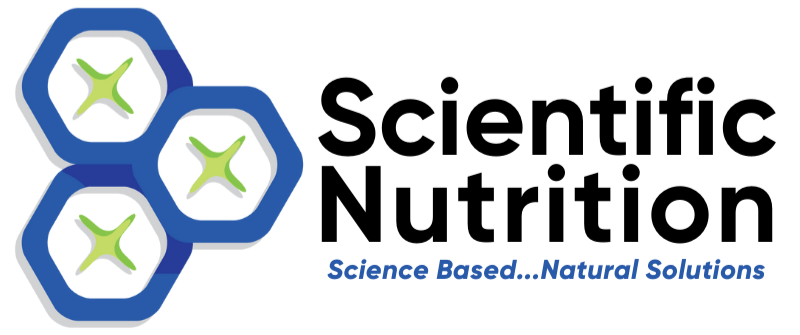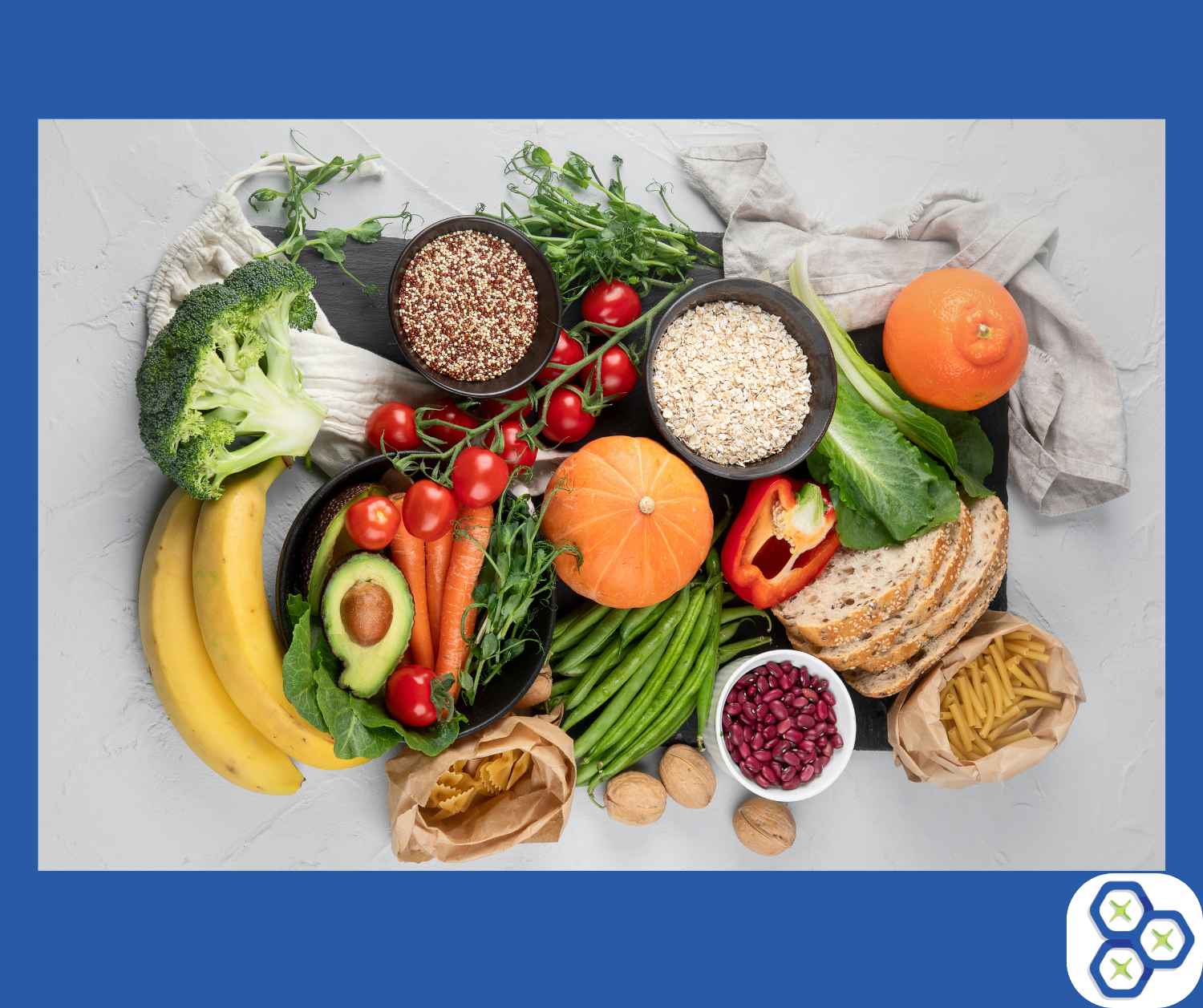What Are Prebiotics?
Prebiotics are just fiber! So many products list this as a health benefit but do you really know what it is or do you just see it as something that is supposed to be good for you?
Probiotics Are Good Gut Bacteria That Feed On Prebiotics
Since prebiotics are simply plant fiber you need a varied diet. It feeds our beneficial microorganisms such as bacteria and fungi otherwise known as our good gut bacteria or probiotics. There are so many types of fibers or prebiotics, foods, and sources to choose from with many more added benefits.
Which Foods Contain Prebiotics and What Do They Do For You?
- Apples are delicious but the magic is in the pectin fiber. It increases butyrate to enable our good bacteria to kill off harmful strains. They are high in antioxidants, help with fat metabolism, lower LDL cholesterol, improve digestion, are anti-inflammatory, and reduce the risk of multiple cancers.
. - Leeks help to cut down your oxidative (free radical) stress while supplying Vitamin K to be used in your heart and bones as well.
. - Jerusalem Artichoke has been found to increase good bacteria in the colon according to https://pubmed.ncbi.nlm.nih.gov/ to prevent certain metabolic disorders and strengthen your immune system. It also has high potassium which will help muscle function and the nervous system.
. - Bananas that are on the green side are high in resistant starch that our probiotics like and they can reduce bloating with a punch of potassium.
. - Garlic is not only tasty and a natural anti-parasitic it has great prebiotic fiber. It promotes the growth of our Bifidobacteria. It may be effective for reducing high blood pressure, heart disease, and asthma symptoms, and has antioxidant, anticancer, and antimicrobial benefits.
. - Asparagus has been linked to preventing certain cancers according to Pubmed in April 2014. It contains anti-inflammatory benefits, 2 grams of protein, and more antioxidants.
. - Onions are a super versatile fiber choice with saccharides that strengthen gut bacteria, help to break down fats, and increase nitric oxide that boosts your immunity due to antibiotic properties as well as circulation. There are even studies showing anticancer properties in them!
Grains and Seed Sources for Fiber
- Whole oats have Beta-glucan fiber and resistant starch that our good bacteria love. It also helps to lower LDL cholesterol, improves blood sugar control, and reduces your risk of cancer. A good amount of fiber can slow your digestion as well as control your hunger by keeping you feeling full. It has antioxidant and anti-inflammatory properties.
. - Flaxseeds are 20-40% soluble fiber and 60-80% insoluble fiber so the bacteria get a buffet. These fibers promote bowel movement, anti-cancer/antioxidant properties, regulate blood sugar, and reduce the amount of dietary fat we absorb in digestion thus lowering LDL cholesterol.
. - Barley contains Beta-glucan fiber that has been shown to lower total LDL (lousy) cholesterol and help to lower blood sugar levels. It is rich in Selenium which contributes to fighting breast and prostate cancer, boosts the immune system, and converts your thyroid hormone T4 to T3 in the liver.
. - Wheat bran is the outer layer of whole grain. It has a special fiber that boosts the Bifidobacteria in the gut and reduces digestive gas, abdominal pain, and cramping. Its fiber also has anti-cancer and antioxidant properties. Most Celiac Disease sufferers are allergic to its protein and it is highly soaked in Glyphosate so organic, non-GMO is a must if you enjoy it.
Root-based Foods with Beneficial Fiber
- Chicory Root has a coffee-like flavor with inulin fiber that nourishes gut bacteria, increases bile to break down fats in your digestion, and relieves constipation. It also is high in antioxidant compounds that protect your liver from damage.
. - Yacon root is close to a sweet potato and high in saccharides to improve mineral absorption, reduce constipation, boost the immune system, and regulate fats in our blood. It is also an antioxidant.
. - Konjac root also known as elephant yam is a tuber high in glucomannan fiber which promotes the growth of good bacteria, relieves constipation, boosts the immune system, lowers blood cholesterol, and aids weight loss by improving carbohydrate metabolism. Shirataki noodles are made of this root or you can use supplementation.
. - Jicama root is not only high in inulin fiber but also low in calories. It enhances insulin sensitivity thus lowering blood sugar levels. It has a wonderful balance of amino acids and is high in Vitamin C (antioxidant) to boot.
. - Burdock root is more commonly used in Japan but can be used for inhibiting the growth of harmful bacteria, promoting bowel movements, and immune functions, lowering blood sugar, and is anti-inflammatory.
.
Other Sources of Fiber
- Seaweed or marine algae is typically not in many diets but is 50-85% water-soluble fiber, containing phenomenal iodine levels that we are almost always deficient in. It boosts the immune system, and thyroid hormone production, reduces the risk of colon cancer, and enhances friendly bacteria growth. If you would like to add it to your diet, put some into veggie soup or take one with extremely low to no heavy metal toxicity such as Mercury. It also likes to hold onto any detoxified Nickel so it can not redeposit during an elimination. Ask me for help if you want to add it to your self-care routine.
. - Dandelion greens are a bit bitter but can be mixed with other greens. The added benefits of this green are that it is cholesterol-lowering, anticancer, antioxidant, diuretic, and anti-inflammatory. An added bonus is that parasites hate bitters.
. - My favorite…Cocoa! When broken down in our colon it produces nitric oxide thus improving the cardiovascular system and contain flavonol which is a powerful growth factor for good bacteria.
Add 1-2 New Prebiotics a Week into Your Daily Diet
I realize the list is great but adding a few in every month will boost your overall health. Of course, you will want to find organic, non-GMO products if possible to eliminate the chemical Glyphosate (found in Round-Up) which can cause leaky gut and is linked to cancer.
I recommend eating your vegetables steamed or cooked to soften the fibers and lessen the burden or energy to digest them. You will also be amplifying many enzymes and killing possible parasitic contamination on the raw vegetables. A big bonus to steaming is the copper sulfate that is sprayed on organic veggies is steamed off into the water which can reduce your contamination load of copper. Your good bacteria will thank you and love you back!
Hair Analysis and Prebiotics
By learning which mineral levels are out of balance you will know what to change in your diet. We can put together specific dietary recommendations to ensure you are eating the right vegetables and foods.
To find what your diet is missing with hair analysis, LET’s CHAT!
Learn more about your gut health and microbiome.
Copyright Scientific Nutrition, LLC 2020




